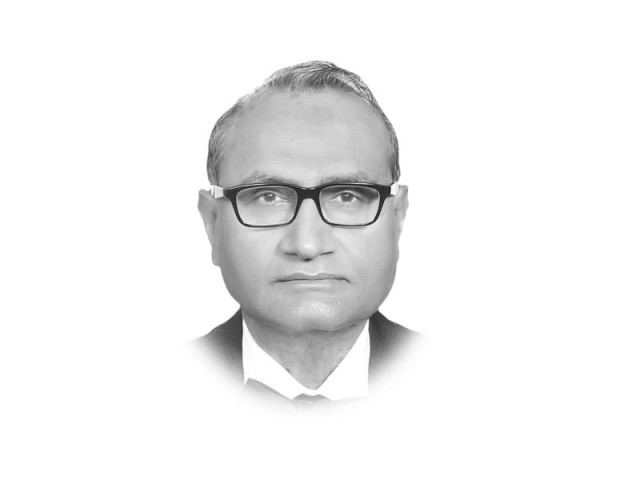Tax reform as a social movement
Tax reform is necessary for healthy thought and the emergence of productive social forces

pervez.tahir@tribune.com.pk

Mirza Sahib, as he was fondly known among friends, believed that our politics, economy and education suffer from social backwardness. Taxation is no exception. A moth-eaten society keeps the tax system backward which in turn keeps society backward. Direct taxes, a higher share of which signifies social development, have a pathetic presence in the tax structure. Presumptive and withholding taxes have blurred the distinction between direct and indirect taxes. The highest rate of personal income tax has drastically come down from 80 per cent in 1959. Agricultural income, capital gains and the perks and privileges of the powerful are exempt from taxation. Other taxes on the rich — wealth tax, estate duty, gift tax — have all been abolished as they were considered un-Islamic. What is left in the income tax base is prevented from being fully taxed by dogged resistance to documentation. The same lack of documentation limits the scope of indirect taxation. Taking from society is valued more than giving back.
Development of a tax culture, observed Mirza Sahib, requires an industrial civilisation. We inherited a tribal-feudal society and a ruling party dominated by big zamindars who, together with religious groups, agreed on a democratic and Islamic welfare state. The society that in fact emerged was hypocritical, sectarian and extremist. This was hardly the climate for a flourishing tax culture. A large number of Muslims do not believe that society has a role in the accumulation of wealth. That is why the modern system of taxation is an anathema to them. Again, the ingrained behaviour of viewing taxes as a foreign imposition under colonial rule did not change as society failed to transform itself by quickly introducing institutional changes such as land reform.
Money has social and political power. Black money blackens politics as well. Taxation is thus not merely a technical and administrative matter. Tax reform is necessary for healthy thought and the emergence of productive social forces. The present taxation system reinforces the power of the privileged classes. These include those who wield the power of the state, the civil-military bureaucracy and the political class. Secondly, there are those who wield the social and economic power to influence policy — the feudal lords, tribal chiefs and big industrialists. Thirdly, there are the black economy operators, such as smugglers, land mafias and speculators. Finally, retailers and professionals reflect the middle class mentality of having no truck with the taxman.
No society is free of evils. There is cause to worry when a society loses its capacity to reform. The elite capture of the state has weakened the will to collect taxes. The classes enjoying social status have deformed rather than reform. In the hope to help foster change, Mirza Sahib first joined the Tehreek-e-Istaqlal and then the Pakistan Tehreek-e-Insaf. Disillusioned, he proposed a social movement to cultivate documentation and tax payment. He dreamt of tax reform activists, who would eventually become social politicians to change society as well. May his soul rest in peace.
Published in The Express Tribune, May 15th, 2015.
Like Opinion & Editorial on Facebook, follow @ETOpEd on Twitter to receive all updates on all our daily pieces.




1733130350-0/Untitled-design-(76)1733130350-0-208x130.webp)













COMMENTS
Comments are moderated and generally will be posted if they are on-topic and not abusive.
For more information, please see our Comments FAQ